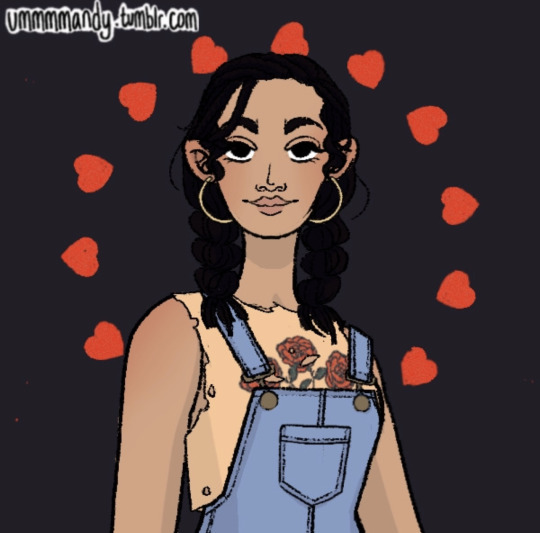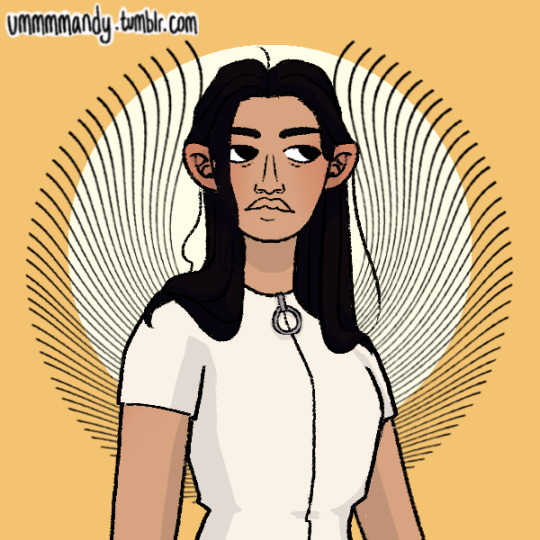#kiswar murad
Explore tagged Tumblr posts
Text
“Ladies, I’m begging you, rethink your life choices,” the game - OC CHARACTER ASSIGNMENTS!
Thank you to @adelaidedrubman for tagging me to take this test for some OCs and share five Choices™ from the top 20! This was one of the most interesting things I’ve done writing-wise in a while.
Tagging: @henbased (do Brit you coward) @strafethesesinners @deputy-morgan-malone @derelictheretic @shallow-gravy @florbelles @poetikat



Nora Kingston (Far Cry 5)
1. Inspector Kido, The Man in the High Castle
2. Ash, Alien
3. Mr. Saito, Inception
4. Ava, Ex Machina
5. Theresa Cullen, Westworld
Faith Escajeda (Far Cry 5)
1. Snow White, Snow White and the Seven Dwarves
2. Ted Lasso, Ted Lasso
3. Charles Bingley, Pride and Prejudice
4. Phil Dunphy, Modern Family
5. Maid Marian, Robin Hood
Margaret Vaughn (Far Cry 5)
1. Will Hunting, Good Will Hunting
2. Cypher, The Matrix
3. Nick Dunne, Gone Girl
4. Rachel Garrison, Ozark
5. Ryan Howard, The Office


Kiswar Abdel Murad (Metal Gear Rising)
1. Russel “Stringer” Bell, The Wire
2. Dr. Wendy Carr, Mindhunter
3. Blondie, The Good, The Bad and The Ugly
4. Melinda Warner, Law & Order: SVU
5. Cedric Daniels, The Wire
Yuko Nishikiyama (Yakuza)
1. Norman Bates, Psycho
2. Will Graham, Hannibal
3. Beast, Beauty and the Beast
4. Rust Cohle, True Detective
5. Leland Palmer, Twin Peaks
#this whole process was so cool from an authorial perspective#like how Margaret was associated almost exclusively with male characters and Faith with characters from kids media#and NORA god what a fucking line up#characters who are like. hyper structured and machinist? almost like a religion?#Kiswar’s being hyper-western cop shows and cop-like shows#Yuko’s being mostly psychological thrillers or characters who fit that niche#man I loved it#for real: you should do this one#I was originally going to do just three but I had to do em all#deputy nora kingston#faith escajeda#margaret vaughn#yuko nishikiyama#kiswar murad
16 notes
·
View notes